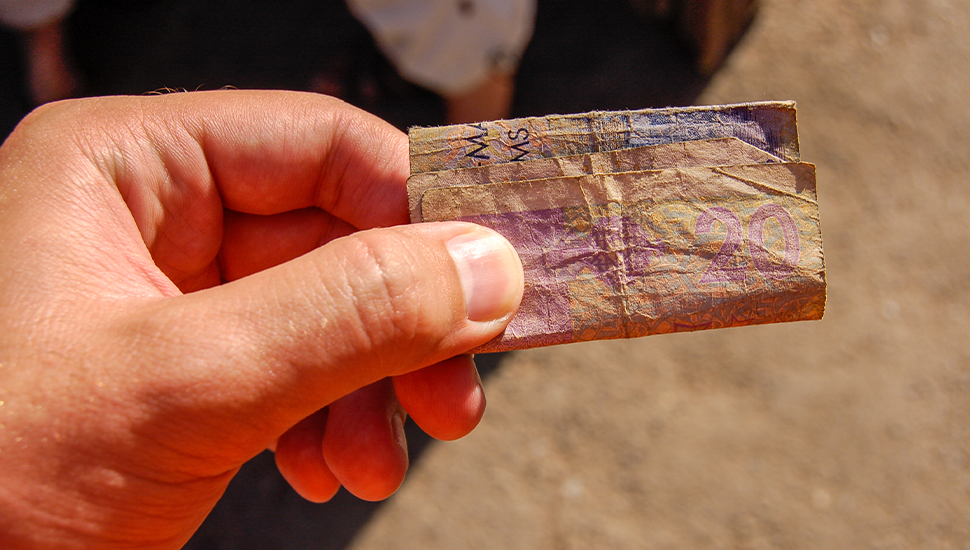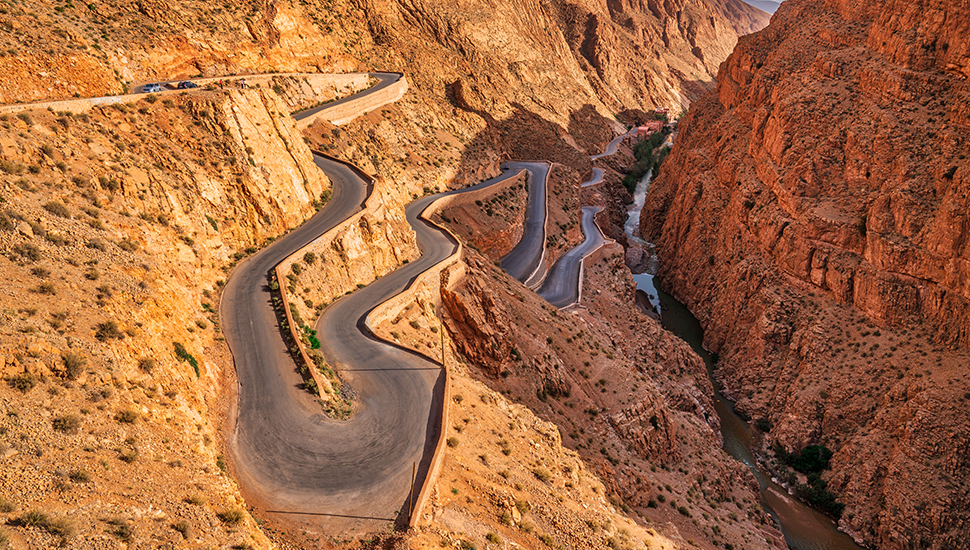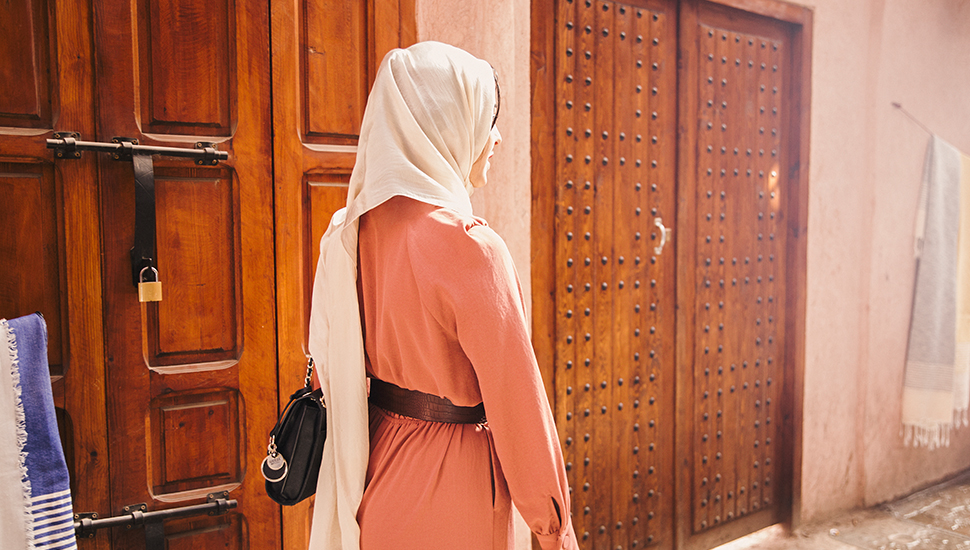Is Morocco safe for travellers?
If most of your holidays have been to first world countries like Spain or Italy, then Morocco can be something of a shock. The attention you receive from certain locals can, for some visitors, make their Morocco trip rather stressful. But being thin-skinned about these issues can lessen the pleasure you take from wonderful places like Marrakech, Essaouira, Chefchaouen, the Atlas Mountains, the Sahara desert, Ouarzazate and Agadir.
Certain high-profile crimes - particularly the attack on two Scandinavian students in 2018 - have put some travellers off visiting this otherwise rewarding, exciting country. But extreme attacks such as these are incredibly rare.
But, the question remains: how safe is Morocco for travellers?
Fake guides, pickpockets and scammers
Almost every visitor to Morocco experiences some kind of scam or pickpocketing scenario. In truth this type of low-level crime is the worst you are likely to experience. But if you have your wits about you, you won't be taken in.
Fake guides
If you bumble around the narrow alleys of Fez or Marrakech for a while, you'll soon be approached by someone asking if you need help with directions. This is especially likely if you're squinting at Google Maps, trying to pinpoint your hotel. Individuals - nearly always young men - will approach you and ask where you're going. Their intention is to take you to your hotel (or the museum or market etc), then extract a tip. It's best to ignore them and not tell them your hotel name. If you let slip your hotel, they will hassle and follow you even more. It's best to keep walking and find our own way. That said, the alleys of some cities can be very disorientating, so if your battery runs out or you find yourself completely lost, sometimes it might be worth taking them up on their offer. However, never do this if it's dark or the person is especially sketchy. Avoid quiet back alleys if you can - stay in busy areas. Try to plan your routes in advance, especially when you first arrive.
Scams/inflated prices

Many Moroccans believe as a Westerner you are laden with spare cash - which by local standards may be true. As such, you will be enticed into every shop and towards every market stall and offered all manner of goods and services. You will almost certainly be quoted an inflated price - but this is also part of the haggling process. If you do want an item, aim to pay a third of the first quoted price, unless that price is particularly excessive. If you feel you are being pressured into buying, simply walk away.
The biggest rip-offs and scams come in the form of:
- Taxis quoting inflated prices.
- Tea shops where you get invited in for a drink then pressured into buying something.
- People asking you to read something in English for them (a postcard, for example) and then inviting you into a shop to buy something.
- People offering free henna tattoos - then inviting you to buy something.
- Tour guides who appear out of nowhere - they will say 'no money' for taking you somewhere but they definitely do want your money. Avoid eye contact and just say 'la shukran' (no thank you).
Key tip: if you do want a good or service - such as a taxi, a haircut or a silver teapot - then always establish the price first. It's a good idea to write it down or enter it into your phone and show it to the seller. If you don't, there's a good chance you'll pay way over the odds.
Pickpockets
There are plenty of pickpockets operating in busy public areas, so ensure your wallet/purse is concealed at all times. A money belt is a good idea.
Driving in Morocco

Taking a road trip across Morocco is a fun thing to do, but be aware police may extract fines on the flimsiest of pretexts and that Moroccan driving standards can be poor compared to those of the UK.
Pedestrian road safety
Motorbikes speed down narrow alleys at pace, so keep your wits about you. And motorists generally don't have much regard for those travelling on foot.
Female travellers

Morocco is a conservative country, so it's important to stay covered up. Ensure shoulders are not bare and skirts are long. Women inappropriately dressed by local standards will get a lot more unwanted attention from males - such as catcalling and being approached. Avoid walking alone at night and aim to stay in areas where there are plenty of people. As with other destinations, women do face these kinds of challenges, so it's important to take additional precautions.
You'll have a less stressful experience if you travel in a pair or a group. If you're travelling solo, try to make friends in your riad (hotel) and explore together. This goes for males as well as females, as the former can get plenty of hassle too.
Public Displays of Affection
Morocco is fairly liberal compared to some Islamic countries. ‘PDAs' such as holding hands is fine - but passionate kissing and heavy petting are certainly not (expect frowns and tongue clicking if you try these!).
A safe destination for your holidays
In general, Morocco is a very safe place to visit. The worst issues you face are likely to be low-level scams or pickpocketing, with women more susceptible to unwanted male attention.
Get a Quote